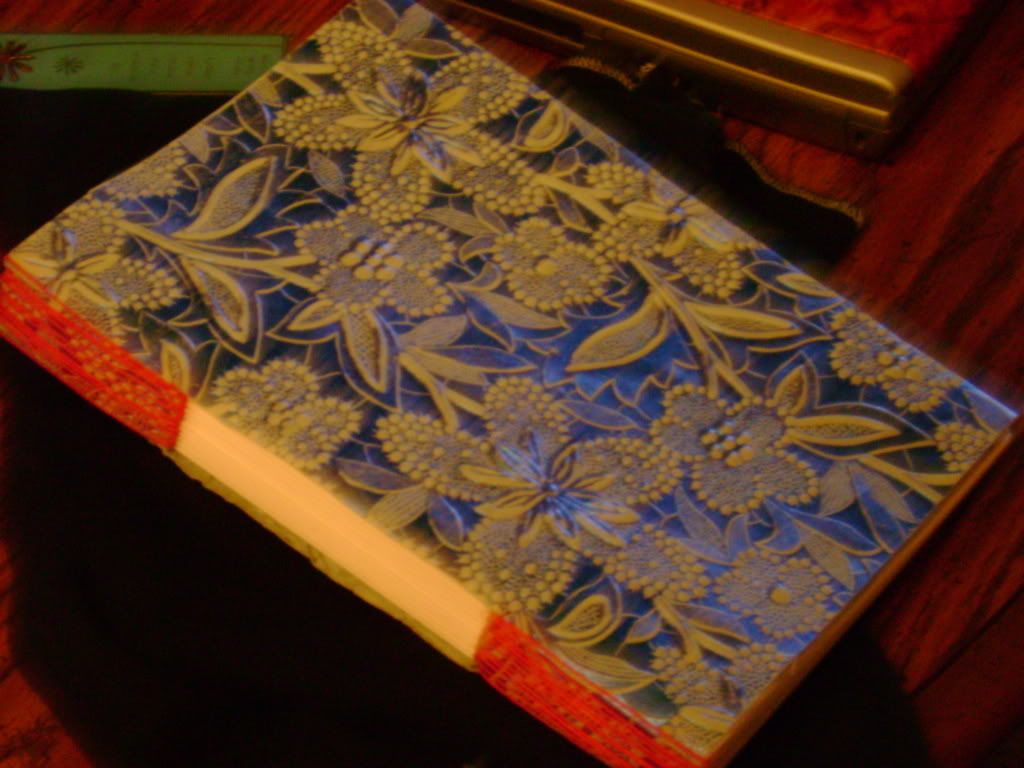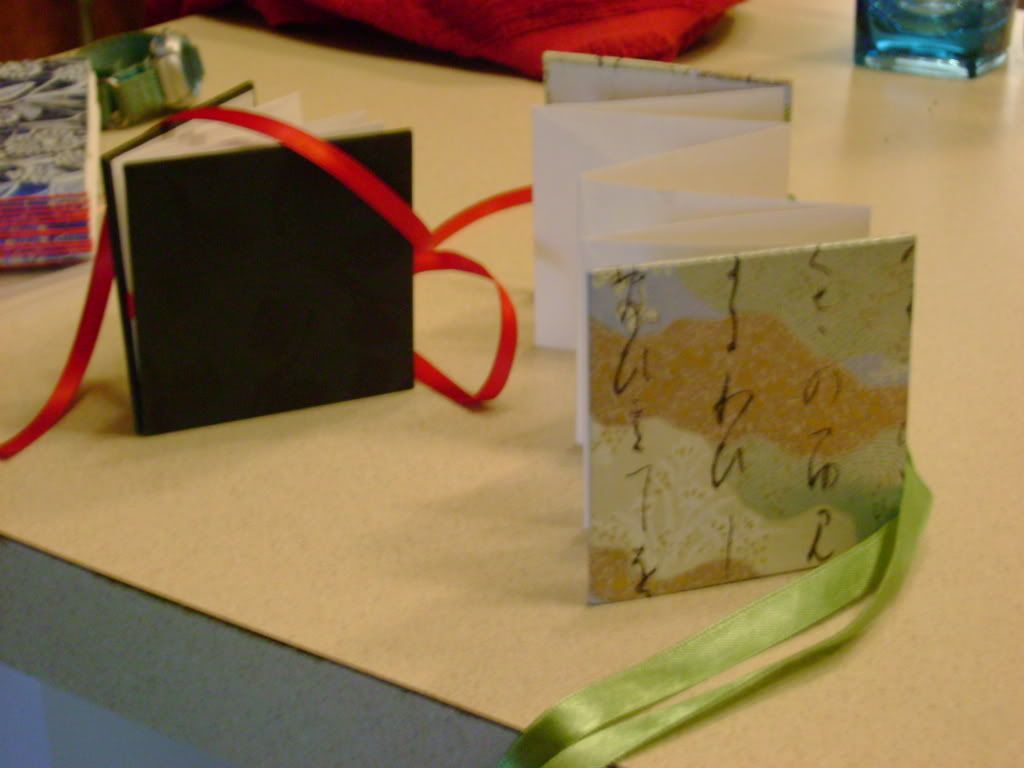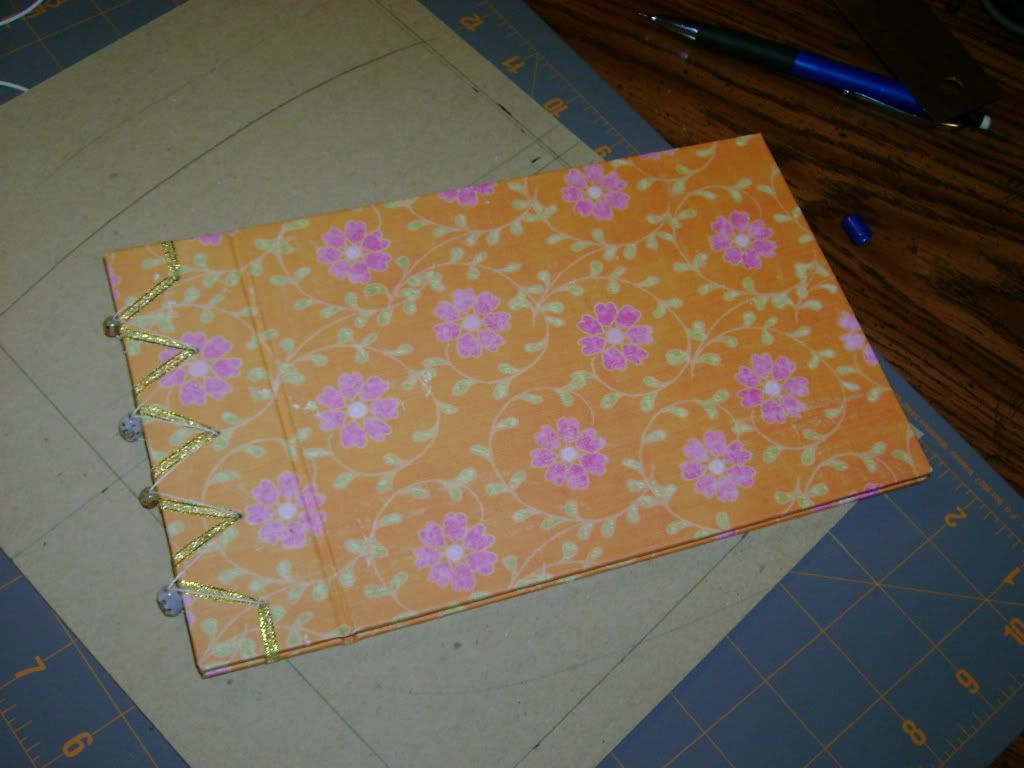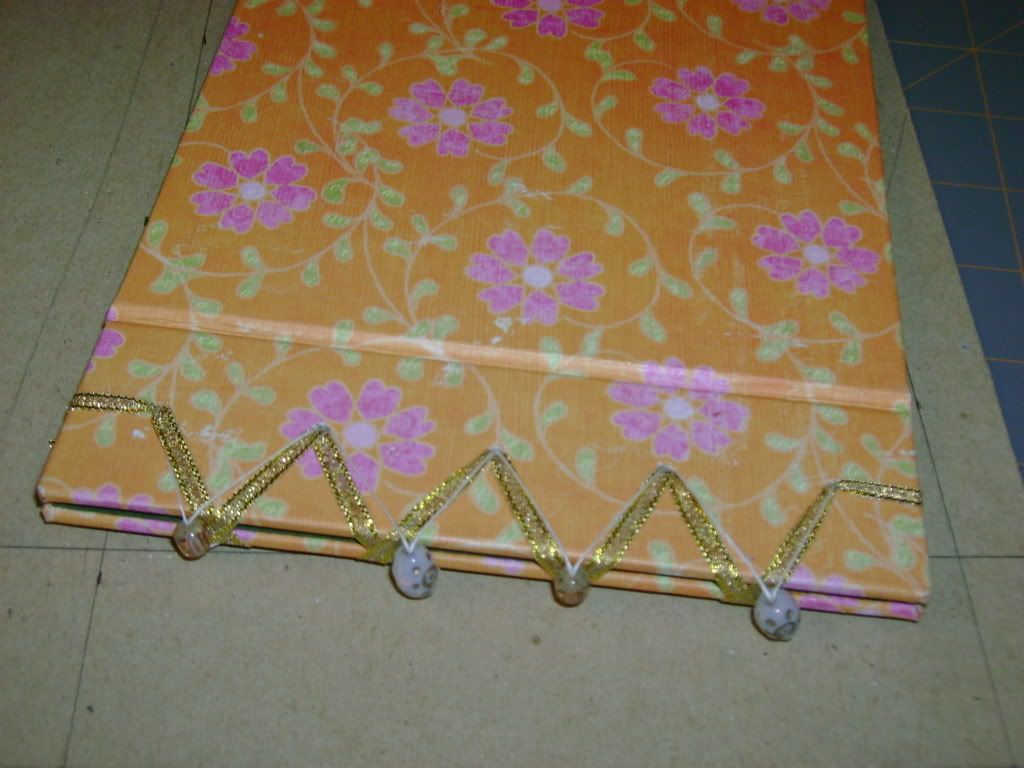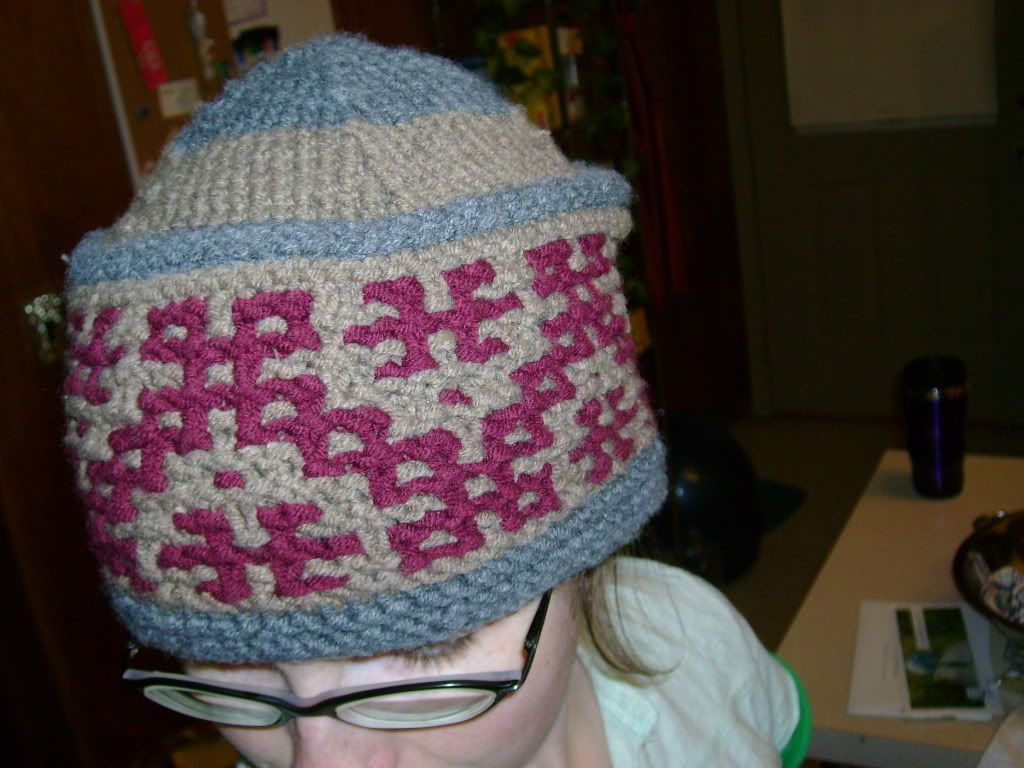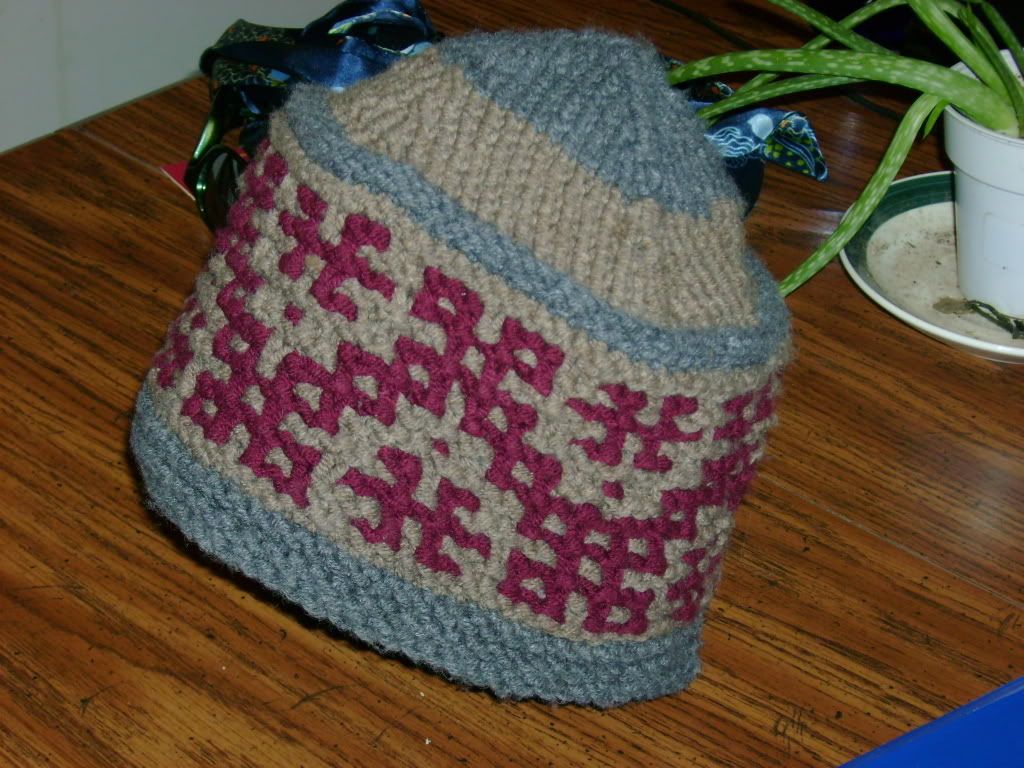This was an assignment for my Professing Literature class, the subject of which was "On Me as a Student of Literature."
I easily could have been a non-reader. After all books—through available in my home—were not cherished by anyone in my family. I was not read to, encouraged to read, or given books to promote a reading lifestyle; I was merely left alone with access to a shelf full of books that my parents had acquired with the vague notion that owning literature was good, similar to the concept that families should attend church or own a family Bible for their moral well-being. Out of five children, I alone read voraciously, wolfing down books as fast as I could gulp. I clearly remember my first reading experience: Morris Goes to School, a book about Morris the Moose, well, going to school. I was in kindergarten and not “supposed” to be reading yet, but there I was enjoying this book. My first chapter book was Charlotte’s Web, a book that we later read as a class in third grade, and a book that got me accused of not actually reading because I was able to read it so quickly.
I can’t remember a time when I wasn’t reading. I loved the feeling I got when I read a particularly captivating book, the feeling of being absorbed into the written page, the “willing suspension of disbelief” or being pulled into a “secondary world” as Tolkien describes in his beautiful essay “On Fairy Stories”. High points, low points, and silly points were bookmarked by some literary work. I empathized with Jane Eyre when I was childishly infatuated with an older man; conversely, I finally understood John Donne’s “The Good Morrow” when I fell in love and found myself loved in return. I trailed my self-conscious girl heroes in Robin McKinley’s The Blue Sword and The Hero and the Crown, and I grew up with Anne of Green Gables. I read great literature, mediocre literature, challenging literature, stupid literature, books that made me think, cry, hate, love, works that inspired anger and brought great joy. I always carried a book (or two) with me—I never knew when I’d need one—and my parents took away my books to punish me.
I drank in books in long draughts and thirsted for more, but interestingly I was a mediocre English student until my senior year of high school. I was one of those unexceptionally brilliant teenagers; you know, the ones who know how to take the tests and bother to do the assignments but are really only parroting. I excelled in science and wanted to teach biology or chemistry (or both), for studying literature was a dull, unending track of reading, writing, vocabulary and pointless sentences to copy down and correct in a notebook. Who cared? Certainly not my teachers.
Enter Mrs. Galligan, my senior AP English teacher. She taught me to love John Donne with unequivocal passion, delight in the beauties and intricacies of Shakespeare. She got me to read Shakespeare on my own—Twelfth Night, King Lear, A Midsummer Night’s Dream—and because of her guidance, I wrote an interesting paper (for a high-school student) about King Lear and Jane Smiley’s A Thousand Acres. That paper was my introduction to literary criticism and academic writing, and began teaching me a way of reading that extended beyond plot. She made me learn; she made me love, and I left to attend college as a chemistry/biology major.
Wait, as what? Yes, that’s right; Mrs. Galligan had only planted the seed of loving literary studies, but I still wanted science. (For one, it was so much more safe and certain than literature, and I was sure to get a job). It wasn’t until about half-way through my first semester that I discovered that I liked science well enough, but I loved English. I loved writing, I loved talking about literature, and I loved helping other people write better. My epiphany came, actually, while I was in the middle of peer-editing and I felt satisfaction deep in my spirit. I use the word epiphany carefully because the experience was akin to a religious moment. It was as though I was traveling down the road of Science, only to be struck blind with the light of all that English had to offer me. Like any new convert, I struggled at first with giving up the old ways—I couldn’t change my major!—but I soon settled into my new path with a contentment and passion I’d never had before.
I was therefore determined to become a literary missionary, and the goal of my outreach would be high school students. After all, had I not suffered at the hands of countless years of incompetent, uncaring English teachers? I would save others from that fate, and help them discover the truth and joy that literature could bring. Then I discovered that the majority of high school students didn’t care. Why should they? I went to my internship hours at various public schools with the growing feeling that I wouldn’t be happy teaching in a public school. There were restrictions on what you could teach; you had to teach grammar and other state-mandated curriculum topics. With a sinking feeling, as I continued on in my education classes, I realized that I would be an unhappy, potentially bored English teacher. I wanted my profession to be something that in which I could grow, develop into a better scholar, and fulfill my own needs as a passionate lover of literature, while also helping others.
I knew I was “good” at English; I made high grades in all of my classes and was praised by my professors. (I always had the vague anxiety that I was repeating the mistakes of my youth, however, simply parroting back to the teachers what they wanted to know, never creating anything new for myself). My honors thesis adviser encouraged me to think about graduate school. “You have the skills to be a good scholar,” he enthused as I shared insights on The Lord of the Rings with him each week, connecting Tolkien’s work with Aristotle, Hegel, Dostoevsky, and others I encountered. Other signs appeared before me in the forms of friends who thought I would be a miserable high school teacher, or the English department chair who listened to my passion for my studies and said, “You would be a very happy graduate student.” I scoffed; being a teacher was my calling after all, and who was I to oppose a divine injunction? Education was what I wanted to do because I could see myself doing nothing else.
Yes, I still believe it’s my calling, but I began to realize I clung to the hope of teaching high school English because it was secure. I knew that I could find a job somewhere, anywhere…but graduate school meant more years of moving, living as a student, the roaming scholar who relied on the bounty of others. In my heart, though, I realized it was what I wanted. I wanted to keep pursuing learning, grasping new knowledge with both hands, absorbing ideas and theories as I read those books so long ago. It appeared to me in another epiphany: I had registered for my first semester of practicum, when I’d be taking almost all education courses and interning at a public high school, and it clicked—I didn’t want that. My friend Shannon was the push I needed because as I was talking to her about my dilemma (to teach or not to teach—high school, anyway) I became increasingly convicted that my place was in higher education. I hoped so anyway, because part of me sniggered and accused myself of being too afraid to face the lion’s den of the public school system. I thought of the satisfaction of belonging to a profession that requires its members to be both scholars and teachers. The more I thought about it, the more I realized it was what I wanted to be—a professor of literature.
I’m on my way to becoming that literary missionary in both the capacity of the wise professor wielding knowledge and the eternal student questing to know more. Of late, I’ve begun to ask But to what purpose? but haven’t found the answer to that question. All I know is that I love studying, I love teaching, and I want to pursue a field that would allow me to do what I love in a way that can (maybe) bring joy to others. Perhaps the clues lie in Robert Scholes’ attempt to have us rethink the concept of English as a discipline; perhaps my place would be in helping the profession move forward in subtle ways. Ultimately, perhaps the answer is merely that by doing something that I’m wildly passionate about, I would be a small light to others on the value of literary studies and English as a whole.
